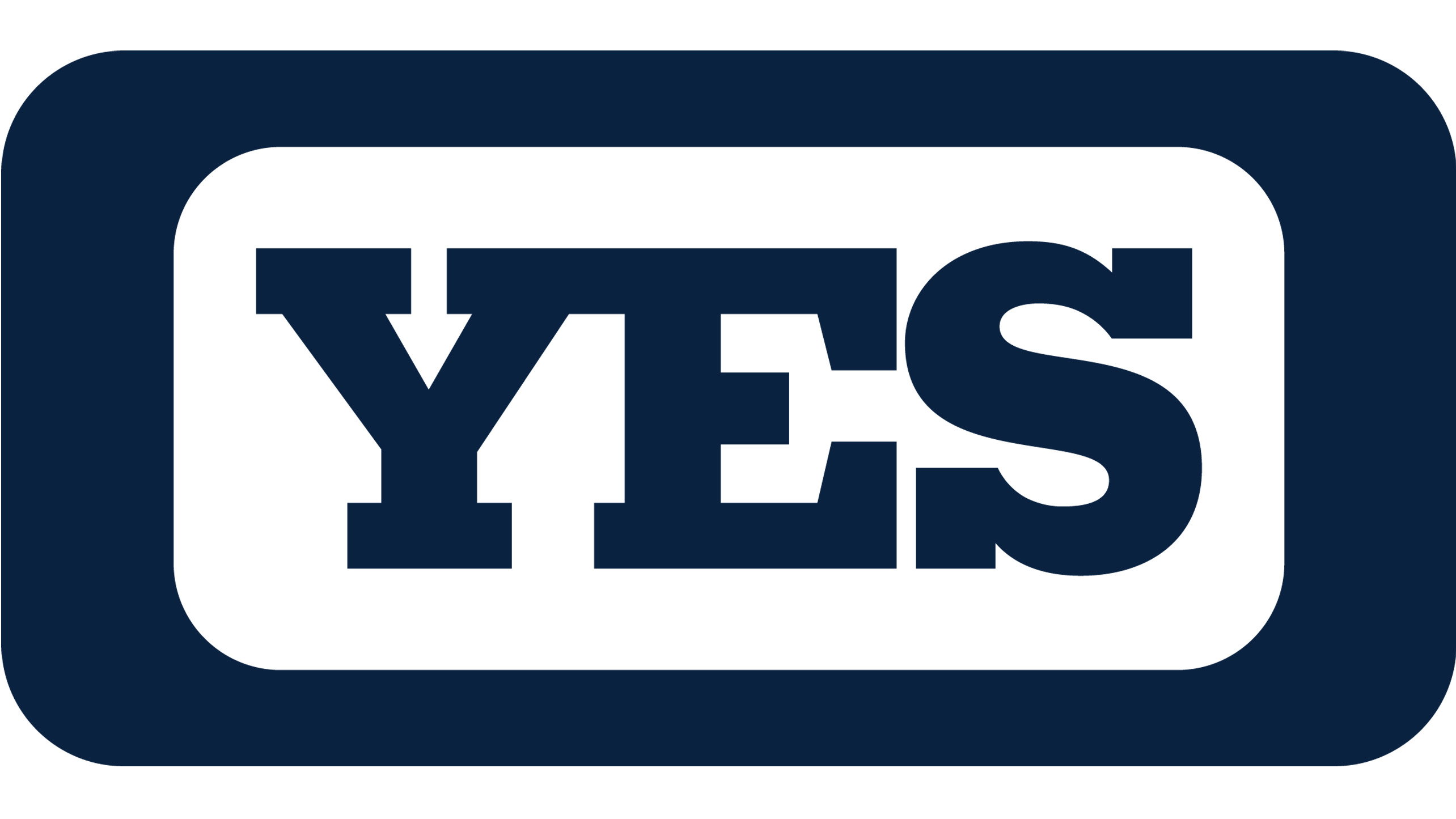
Interviews with Brooklyn Nets head coach Jacque Vaughn and legendary former Nets analyst Bill Raftery will be featured within Wednesday's YES, We’re Here program on the YES Network (7 p.m. ET). YES’ Nets courtside reporter Michael Grady interviewed Vaughn, while YES’ Nets play-by-play man Ian Eagle interviewed Raftery.
Also on Wednesday night, at 8 p.m. ET, YES will premiere another Nets Classic, the Nets’ Feb. 19, 2013, 113-111 overtime win over Milwaukee. In that game, Joe Johnson tied the game with a 3-pointer in the closing seconds of regulation and then won the game with a buzzer-beater in overtime.
Highlights: Jacque Vaughn interviewed by Michael Grady
Experiencing the current civil unrest with his family
“It’s been interesting. I have two teenage young men who are seeing this atmosphere for the first time, so it’s been interesting having conversations with them, discussing language with them, discussing movies, terminology, things that we did not discuss at the dinner table earlier, but now we have been able to have those tough conversations.”
Being a part of the progressive Brooklyn Nets organization during these troubled times
“It’s been huge, to be associated with an organization that from day one stepped up and was willing to have a conversation, tough conversation about what’s going on in our society, as well as, condemn the actions of our society but also continue the dialogue of improving where we are as a society.”
Vaughn was in Los Angeles in 1992; comparing that year’s riots to what is transpiring today
“Very vivid memories. I was a little older than my oldest son, still a teenager ... those memories are really still inside my head, of the Rodney King verdict. The week after that, me being in school, a lot of the places that I had grown up walking to -- stores, establishments that were really native to my upbringing, weren’t there anymore, and (that) left a lasting impression on me. So, I am definitely in a position where a lot of memories have been kind of regurgitated ...”
His thoughts on the format the NBA is adopting for the resumption of play in Orlando
“I am excited about it. I think it’s a combination of March Madness, so it takes me back to my college days. There’s a little bit of a Summer League element, so your gonna have to be very flexible in your thought process ... At the end of the day, though, we are getting back to competing, and so I am definitely looking forward to that.”
Kyrie Irving
“He’s a special individual, really processes the game in a different way, sees it more globally. Very intuitive to what’s going on at the moment but can make adjustments, and at the same time is a good listener. So that combination from the point guard position is a luxury, for sure.”
Highlights: Bill Raftery interviewed by Ian Eagle
Derrick Coleman’s potential
“I wonder at some point, you should get Derrick Coleman on, only because I have to think he’s got some regrets. He could’ve been one of the greatest power forwards ever to play in the NBA and you know, he would tease you, as you know ... maybe just showing little blips of what he could do. I always liked Derrick and we both had a great relationship. There was just something about that kid. If he had ever just let it all out, boy, he would’ve been an All-Star every year and ... a potential Hall of Famer.”
Jason Kidd
“You’ve heard me say this, and I’ve said to people: iI he were playing for the Knicks during that time, there’d be a statue (of Kidd) in front of the Garden.”
Recalling a specific Jason Kidd-Kenyon Martin moment; Kidd’s leadership behind the scenes
“I think you (Eagle) were standing there with me when Kenyon Martin (with Kidd) was leaving practice one day and he went through the tunnel (at the Meadowlands) ... and Kenyon was saying, ‘I’m not making my jumper’ or like ‘I’m off my game,’ and Jason Kidd said, ‘Well, you’re the first one to leave (practice).’ That’s all he said. And then Kenyon Martin started staying after (practice), working on his jump shot.”
Chuck Daly
“I remember him saying that he can’t see and he can’t hear ... by that, what he meant: nothing would faze him. His ability as a psychologist ... he’s got a lot of strengths, but that to me was one of the biggest, his ability to take care of situations without it hitting the press or causing friction among one another on the team. He just possessed an understanding of human nature and also of the individual corporation, that he was dealing with, with the 12 players. He was a very giving, caring guy. He understood the game; he had won, he had been an assistant, he had been everything in the league. (great) compassion and understanding, and particularly after being in Detroit with that success.”


